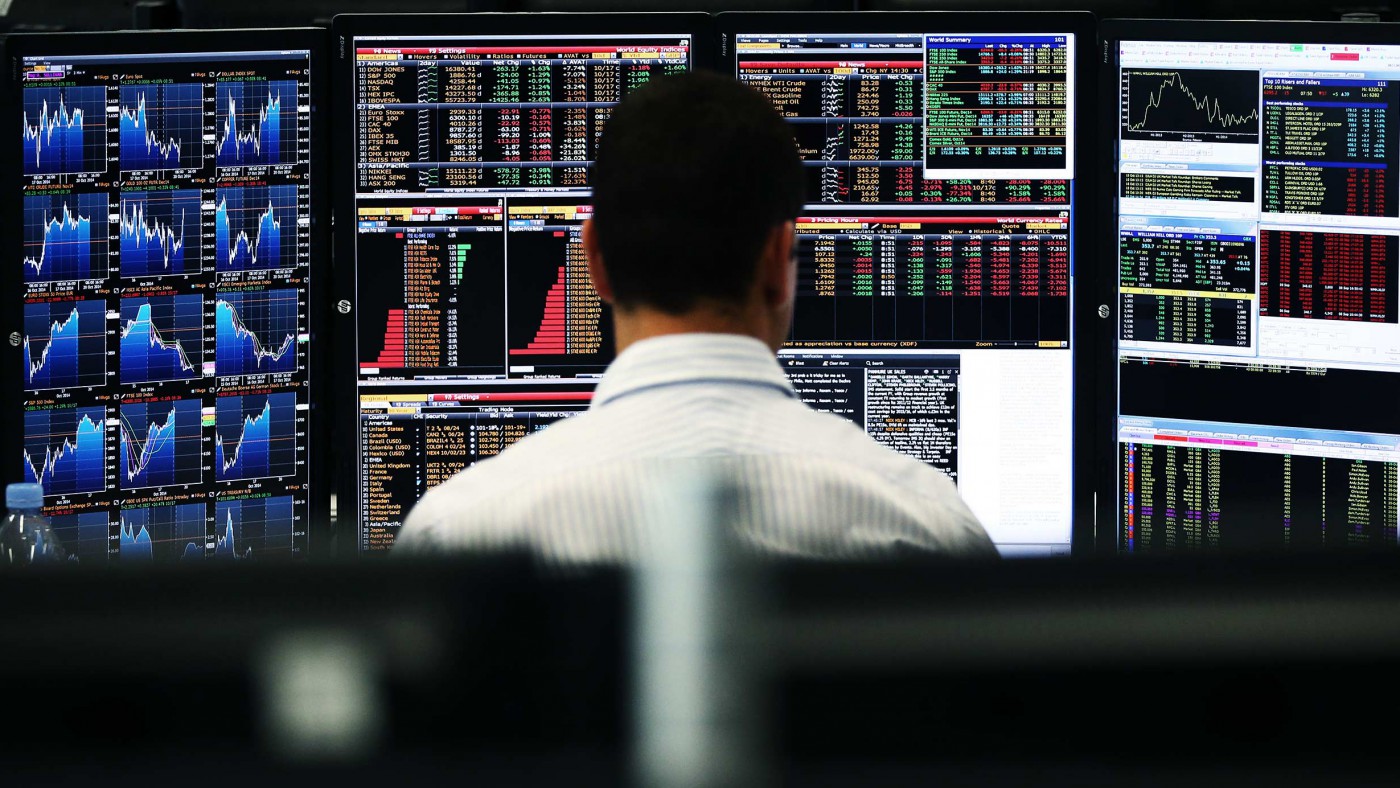In a recent, thought-provoking CapX article, Alex Verkhivker and Hugo Winn argued that free-marketeers should support the introduction of a Financial Transaction Tax (FTT). Verkhivker and Winn make three key arguments in favour of an FTT: it would curtail damaging high frequency trading, it would increase liquidity and it would force the financial sector to de-risk. On all three points, I fear they are misguided.
There are, in my view, many reasons to oppose a financial transaction tax. For example, the burden of the tax would more than likely fall on pensioners, employees and consumers rather than bankers and traders. It is also highly unlikely to raise the sort of revenues that its ardent supporters claim and is often a cosy replacement for a magic money tree. Moreover, it is all too easy to think of examples where the FTT has been tried and failed. Brazil’s recent experience was hardly a glowing success and Sweden’s earlier attempt was an unmitigated disaster; more than 90% of bond, equity and derivate traders moved abroad and only negligible revenues were ever raised.
On high frequency trading, Verkhivker and Winn argue that it is making markets dangerously volatile and that an FTT would make most such trades unviable. However, it is not at all clear that ending high frequency trading would actually be desirable. Using new technology and algorithms to increase trade times (by microseconds) means the market can react to news and correct prices faster. Of course this can cause some instability but it can also make the market more efficient.
Research from the CABDyN Complexity Centre at Oxford University suggests that high frequency trading improves price discovery by ensuring that the prices of assets which should move alongside each other actually do. In 2000, it could take several minutes following a price change in one asset for related assets to respond; now it takes less than 10 seconds. As Mark Buchanan has pointed out, this actually helps average investors without substantial resources to process information so rapidly to make quicker, better decisions. High frequency trading is not always so positive but an FTT aimed at abolishing this kind of activity would sacrifice all the benefits that it can deliver.
Verkhivker and Winn also argue that an FTT would increase liquidity in financial markets. In essence, liquidity is important because it reduces the difference between how much it costs to buy and to sell an asset. This lower spread means trades are less costly for the average trader. However, it is not entirely clear how an FTT which is designed to shrink trading activity to levels it was last at two decades ago is compatible with rising liquidity. If the point of the FTT is to reduce the amount of activity and the number of trades, the implication is that liquidity falls. An FTT which encourages fewer but bigger trades may also increase volatility.
The final argument is that an FTT would protect financial institutions from their own excesses by encouraging them to become less risky. Conflicts of interest, poor implementation of regulation and bad management all contributed to the financial crisis but that should not now make us want to neuter the sector. Financial institutions should innovate, try out new ideas and technologies and take risks. They should also suffer the consequences or reap the rewards of those risks. Ensuring that banks and other institutions can fail without bringing the whole system down with them would be a much more durable way to enforce discipline in the sector.
Advocates of the FTT seem to assume that financial transactions create negative externalities in the same way to polluters. In such a situation, the orthodox response is to tax it to internalise those costs and reduce the frequency of the activity. The problem is that financial transactions do not inherently create external costs in the way that polluting activity does. In fact, as other market participants gain value from more liquidity, they have positive spillover effects. A tax which would damage savings, reduce liquidity and cut economic growth whilst being unlikely to raise much revenue anyway just does not seem worth it.


